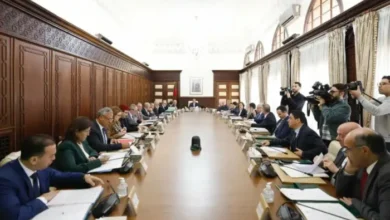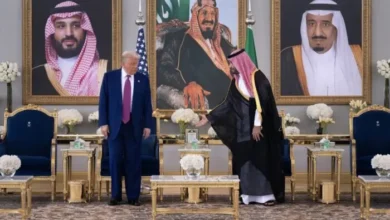European Parliament: Polisario Faces Loss of Privileges Amid Growing Support for Morocco’s Sovereignty Over the Sahara
The separatist Polisario Front is experiencing a shift in its relationship with the European Parliament following the decision not to renew the “Western Sahara Group.” This group had served as a consistent tool for the Polisario within the Parliament for over two decades. The decision aligns with the Parliament’s efforts to regulate its interactions with external entities under transparent rules, requiring the Polisario to adopt standard lobbying practices such as registering visits and meetings rather than relying on informal, politically motivated channels.
Loss of Official Support but Retaining Allies
Despite losing formal backing through the dissolved group, the Polisario still enjoys support from political allies in the European Parliament, particularly among left-wing and Green parties, as well as some independent members from the Socialist and Democratic groups. The Polisario also focuses on strategic committees such as International Trade, Human Rights, Agriculture, and Fisheries.
One of the key supporters of the Polisario is Bernd Lange, Chair of the International Trade Committee (INTA) and a 30-year veteran of the European Parliament. Alongside him are figures like Manon Aubry, Vice Chair of the committee and a prominent far-left leader, and Kathleen Van Brempt, a former Vice Chair of the Committee on Maghreb Affairs.
Evolving Dynamics in Engagement
With shifting dynamics within the Parliament, the Polisario’s efforts have taken a new form. In December 2024, the Parliament invited Polisario representatives to a closed-door meeting to discuss the application of trade agreements between the EU and Morocco in the Moroccan Sahara. This marks a move toward more open discussions, with meetings and agendas now being documented, reducing the secrecy that characterized the previous group’s activities.
Rising Support for Morocco’s Sovereignty
At the same time, there is growing momentum within the Parliament to support Morocco’s sovereignty over the Sahara. French representatives from groups like Renew Europe and Patriots for Europe have played a significant role in this shift, with some French MPs calling for similar meetings with Morocco to discuss the same issues.
Challenges for the European Commission
While the Polisario continues its lobbying efforts, the European Commission faces the challenge of balancing rulings from the European Court of Justice, which has taken positions unfavorable to agreements involving Morocco, with the need to strengthen its strategic partnership with Rabat.
Conclusion
As the Polisario’s influence wanes and Morocco’s support grows, the European Parliament is witnessing a significant transformation in its approach to the Moroccan Sahara issue. This shift underscores the increasing recognition of Morocco’s role as a strategic partner and the diminishing effectiveness of the Polisario’s traditional tactics within European institutions.



